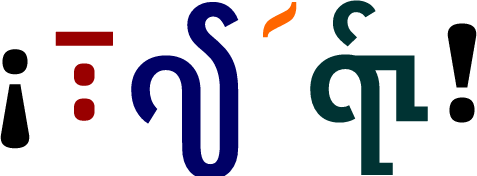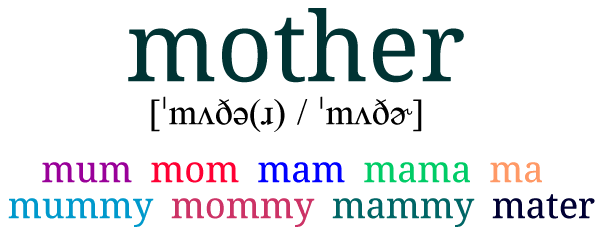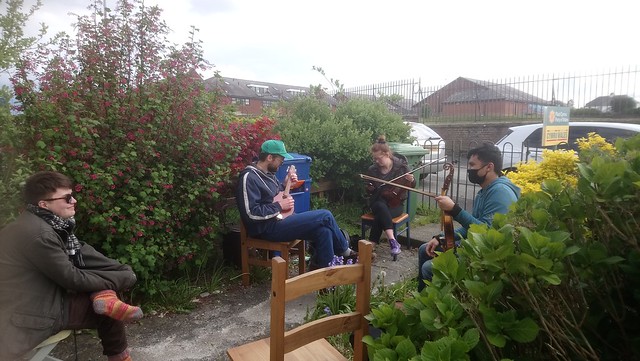Podcast: Play in new window | Download
Today we’re getting elemental and delving into the origins of the word iron [ˈaɪ.ən/ˈaɪ.ɚn].
Definition:
- an element which usually takes the form of a hard, dark-grey metal that can be used to make steel.
- an electrical device with a flat metal base that heats up and is used to remove creases from clothes.
[source]
It comes from the Middle English word iren [ˈiːrən] (iron), from the Old English īsern [ˈiː.sern] (iron), from the Proto-West-Germanic *īsarn (iron) from the Proto-Germanic **īsarną [ˈiː.sɑr.nɑ̃] (iron), from the Proto-Celtic *īsarnom (iron), probably from the Proto-Indo-European *h₁ēsh₂r̥no- (bloody, red), from *h₁ésh₂r̥ (flowing blood) [source].
Words for iron in Germanic and Celtic languages come from the same Proto-Celtic root, including ijzer [ˈɛi̯zər] in Dutch, Eisen [ˈʔaɪ̯zn̩] in German, haearn [ˈhai.arn] in Welsh and iarann [ˈiəɾˠən̪ˠ] in Irish [source].
Incidentally, the word irony is not related to iron at all. Instead it comes from the Middle French ironie (irony), from the Latin īrōnīa (irony), from the Ancient Greek εἰρωνεία [eː.rɔː.něː.a] (irony, pretext), from εἴρων (one who feigns ignorance) [source].
I also write about etymology, and other language-related topics, on the Omniglot Blog and a recent post was about Iron Ferrets.
Here’s a video I made of this information:
Video made with Doodly – an easy-to-use animated video creator [affiliate link].
You can also listen to this podcast on: Apple Podcasts, Stitcher, TuneIn, Podchaser, PlayerFM or podtail.
If you would like to support this podcast, you can make a donation via PayPal or Patreon, or contribute to Omniglot in other ways.










